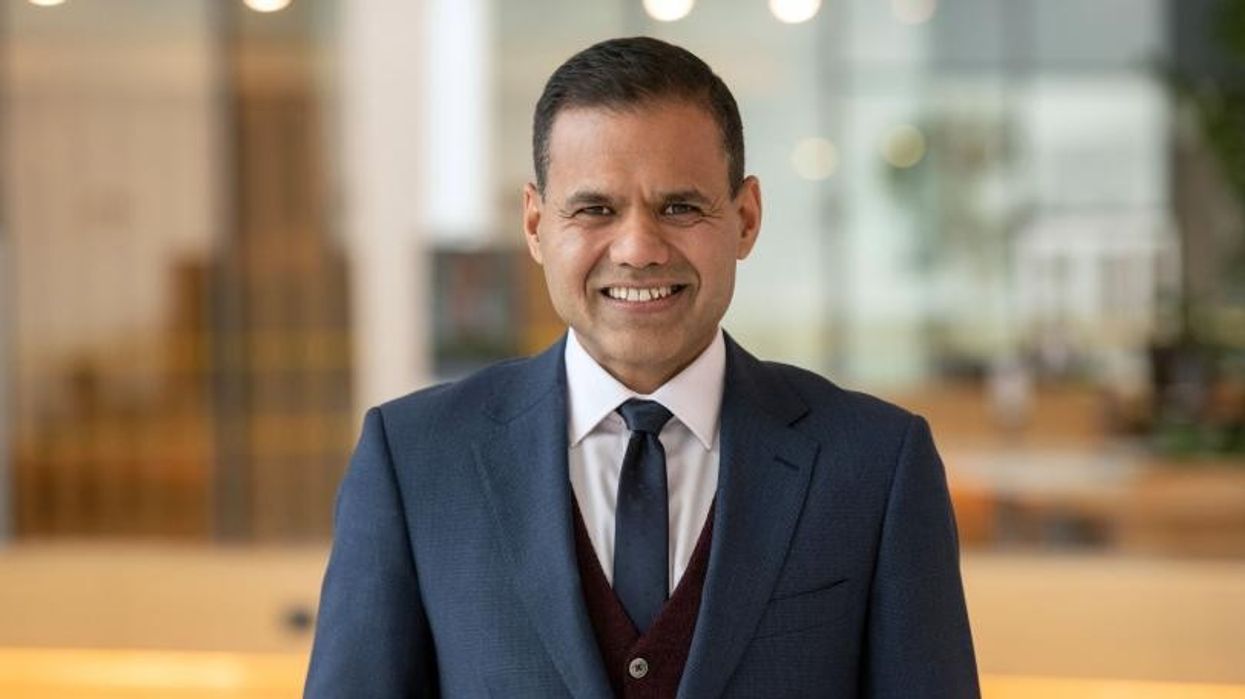RAJESH AGRAWAL, the deputy mayor of London for business, is stepping down from the role to focus on Leicester East, where he is the Labour candidate for the next general election.
The 46-year-old India-born entrepreneur-politician announced his departure on social media on Monday (27) after serving two terms in mayor Sadiq Khan’s team in charge its business and investment policies.
"After my recent selection as the Labour Party’s parliamentary candidate and careful consideration, I have made the difficult decision to step down as Deputy Mayor of London to focus on campaigning in Leicester East,” said Agrawal.
"It has truly been an honour and a privilege to serve Londoners in this capacity for past seven and a half years – and I have given it my all. Like millions of other people, I arrived in this country with very little and made it my home. As I worked just above the minimum wage, I knew that there is a thin line between failure and success,” he said.
"This country gave me the opportunity, and with hard work and perseverance, I did well. But I never imagined that I would get the privilege to serve one of the greatest cities on earth as its Deputy Mayor – not once, but twice. For that I will be forever grateful,” he added.
He reflected upon his achievements, including an increase in Londoners receiving higher wages and securing inward investment and creating jobs for the city.
"All this against a backdrop of Brexit, botched trade negotiations, the pandemic and now the cost-of-living crisis. Finally, thanks to all Londoners I could spend some of the most productive years of my life to serve London – the city I love so much,” added Agrawal.
Khan extended his support to Agrawal.
After his selection as the Labour candidate last week, Agrawal said Leicester’s economy and the creation of affordable homes were his top priorities for the constituency that represents one of the largest south Asian populations in the UK.
Rajesh Agrawal steps down as London’s deputy mayor
The India-born entrepreneur-politician is the Labour candidate for the next general election




